Every science begins as philosophy and ends as art
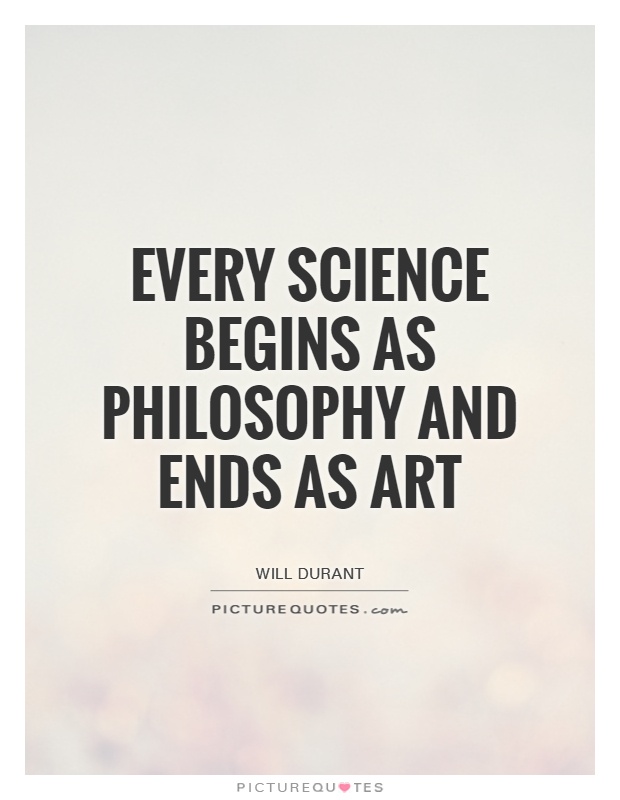
Art Philosophy QuotesPhilosophy And Science QuotesScience And Art QuotesArt And Science QuotesScience And Philosophy QuotesWill Durant Quotes
Every science begins as philosophy and ends as art
Will Durant, a renowned American philosopher, historian, and writer, once famously said, "Every science begins as philosophy and ends as art." This statement encapsulates the evolution of human knowledge and understanding over time, highlighting the interconnectedness of philosophy, science, and art.Durant's assertion can be understood in the context of the history of human thought and inquiry. Philosophy, as the mother of all sciences, has been the foundation upon which all other disciplines have been built. It is through philosophical inquiry that fundamental questions about the nature of reality, existence, and knowledge have been explored. In this sense, philosophy serves as the starting point for the development of scientific disciplines.
As scientific knowledge advances and matures, it often transitions from a purely theoretical and abstract realm to a more practical and applied one. This transition is where the artistry of science comes into play. The application of scientific principles and theories in real-world contexts requires creativity, innovation, and a certain level of intuition – qualities that are often associated with art.
Moreover, as scientific knowledge becomes more refined and specialized, it begins to take on aesthetic qualities. The elegance and beauty of scientific theories and models, the precision and symmetry of mathematical equations, and the creativity and imagination required to push the boundaries of knowledge all contribute to the artistic nature of science.
Durant's statement also speaks to the interdisciplinary nature of human knowledge. As science progresses, it often intersects with other disciplines, such as art, literature, and philosophy. These intersections give rise to new ways of thinking and understanding the world, blurring the boundaries between different fields of study.
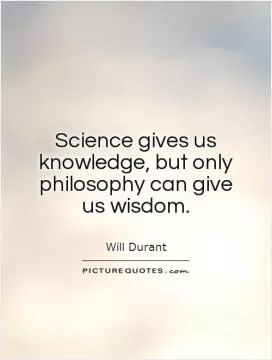




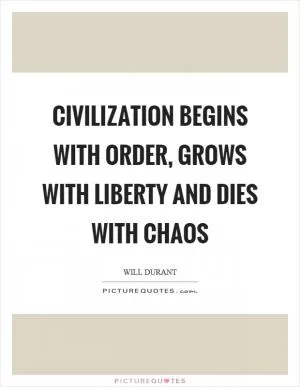
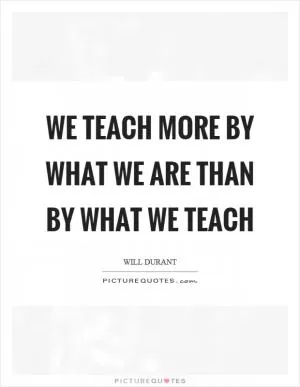


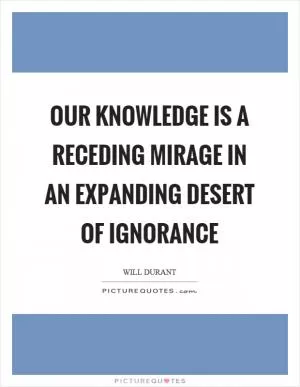

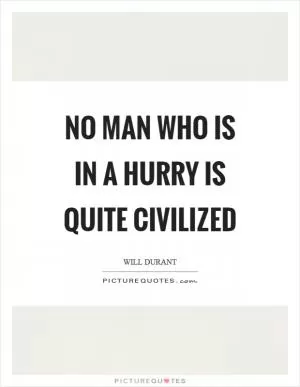
 Friendship Quotes
Friendship Quotes Love Quotes
Love Quotes Life Quotes
Life Quotes Funny Quotes
Funny Quotes Motivational Quotes
Motivational Quotes Inspirational Quotes
Inspirational Quotes